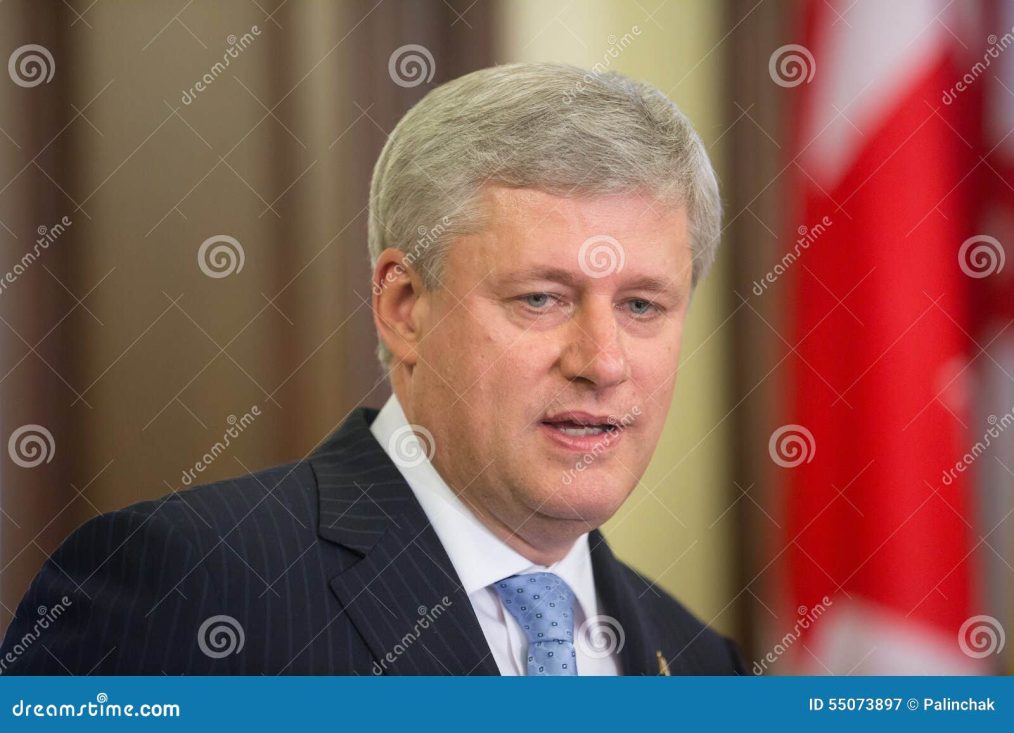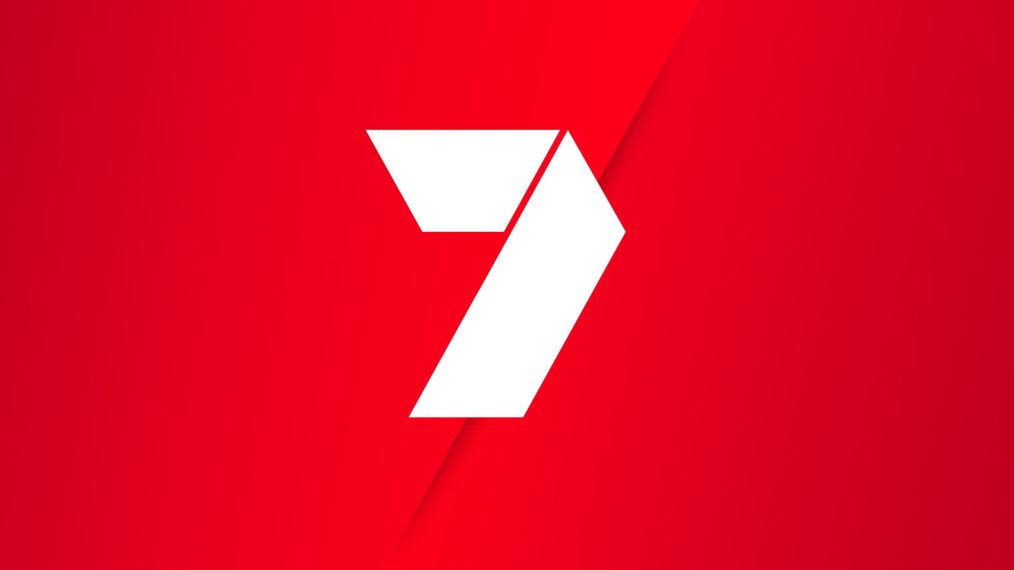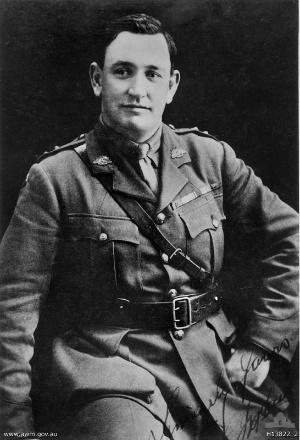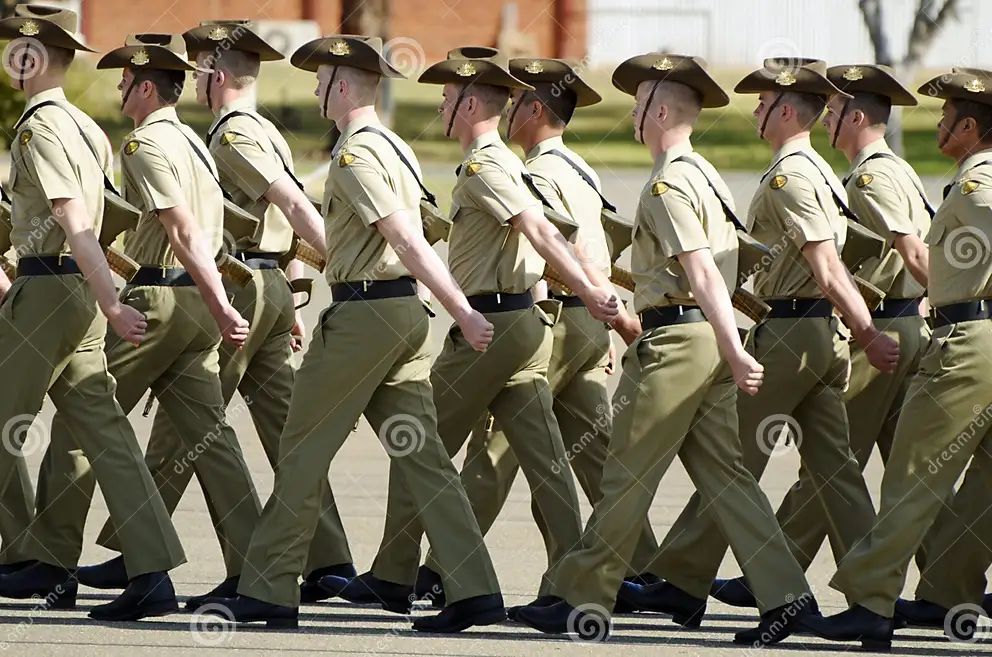ED: The following comment from John Clarkson was in my inbox this morning.
Hello Ray,
I enjoyed reading your article on Australia introducing National Service once again. I agree that in some circles, the name ‘National Service’ may conjure up unpleasant thoughts and memories. But I believe they would be in a distinct minority.
As I completely agree with your essay on the topic, I won’t go any deeper on that issue. My input is to describe in some detail just how it might work, beginning from the time these 18-year-old men and women register for National Service. As you would be aware, the last time it was introduced it was for 20-year-old men, and it was for the Army only, and it was through a ballot. Yes, there were many complaints about how it was administered and most of those complaints were legitimate.
However, I suggest that ALL 18-year-old men and women should register for National Service, and that it be shared with all three services, Army, Navy and Air Force, and that it be for a term of two years full time service, plus a ten-year term of Reserve. Also, at any time during their full time or part time service, if a National Service person were to volunteer to become a permanent member of the that service, then he/she would be welcomed into full time service.
I also agree with your proposal that if a young man or woman did not pass the medical examination, then they could very well be offered to several other excellent services such as the SES, Bush Fire brigades, St John Ambulance Service, Coast Guard, and several other worthwhile groups.
However, back to the training programme. Upon enlistment into one of the three services, each would undergo the same recruit training programme as those who enter for full time service. Upon completion of the recruit training, they be allocated to undergo training into any one of the many service elements. These would include for Army, infantry, Artillery, transport, Aviation, both maintenance and operations, Engineering, and many others. Likewise, for Air Force and Navy, upon completing their recruit training, each one would be offered entry into one of the hundreds of vocations within the service.
I think one of the contentious issues during the last programme was the fact that National Service personnel were eligible for posting to Active Service. It is true that many of these did serve in Active Service areas and many served with distinction. However, back home, that topic was one of the most contentious. Therefore, I suggest that any National Service member not be eligible for Active Service unless he/she openly and genuinely, officially applies for such a posting.
I realize that there would be many other topics which would need to be addressed prior to the introduction of such a service, but I think I have outlined the backbone of the issue. To finish my little essay, I shall attach a little story, which I included in my book “War Stories and other Tales”, written in 2005/06. This is a story about an Army fellow who befriended we RAAF fellows at the Re-Arm pad at Nui Dat during the 1971 period.
Reference has been made in previous chapters about the Anti-Vietnam marches. Well on one occasion I saw the result of one of those marches during one of my tours in Nui Dat. One young Army fellow became a regular visitor to our Re-Arm pad and we enjoyed his company over a can or two. He was with the Royal Australian Electrical and Mechanical Engineers (RAEME) unit and had befriended us over a period of months. On one occasion, this fellow came down to see us at the Re-Arm area in a very depressed state to have a chat with us. We began to worry about how or what we should say, perhaps he may have lost a mate?? However, this day he was really down. He showed us a copy of the Melbourne Age newspaper, which would have been about ten days old by this time and showed us the front page. On the front page was a very large photo of three women displaying a sign, “Save our Sons!”, whilst taking part in an Anti-Vietnam rally. He identified one of these ladies as his mother. He said as soon as he saw the paper he wrote to his mother telling her NEVER to do that again. In his letter he told her that before he was called up to the Army, he was a bum! Now, he told her, “I have a trade”. Also, he told her that he had just signed up to transfer from being a National Serviceman to a Regular Soldier and a fully trained Electrical Fitter. He emphasised that he had progressed from being a 20-year-old uneducated bum to a responsible person who had a trade as well.
It is stories like this which need to be told far and wide.
Kind Regards – and keep up your good work.
John.
ED: If you would like to comment please send to my email hq@frontline.asn.au









